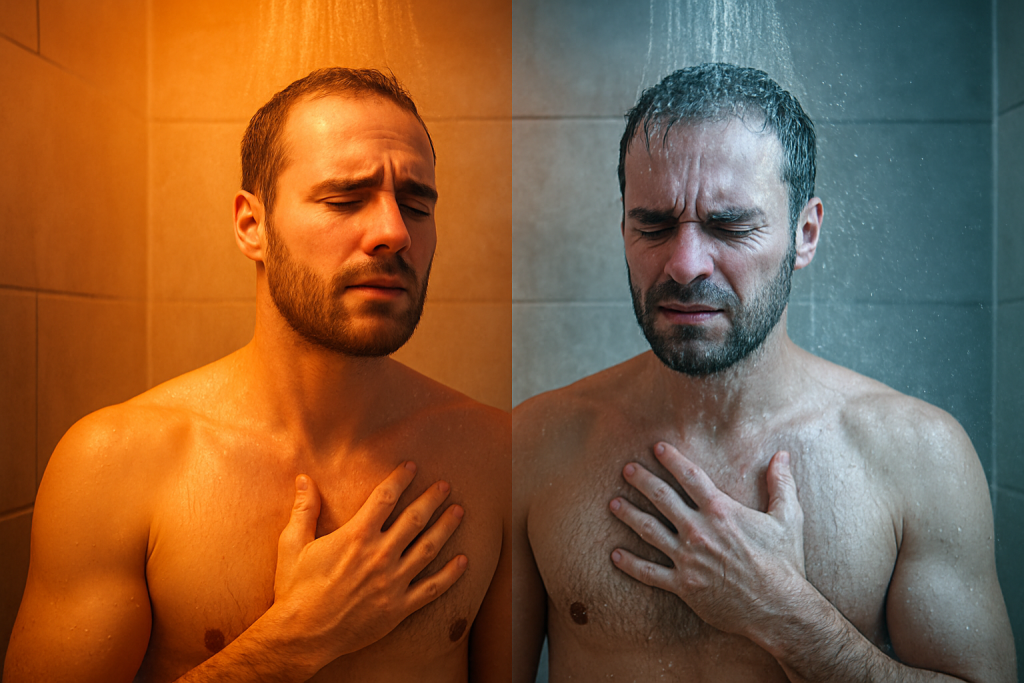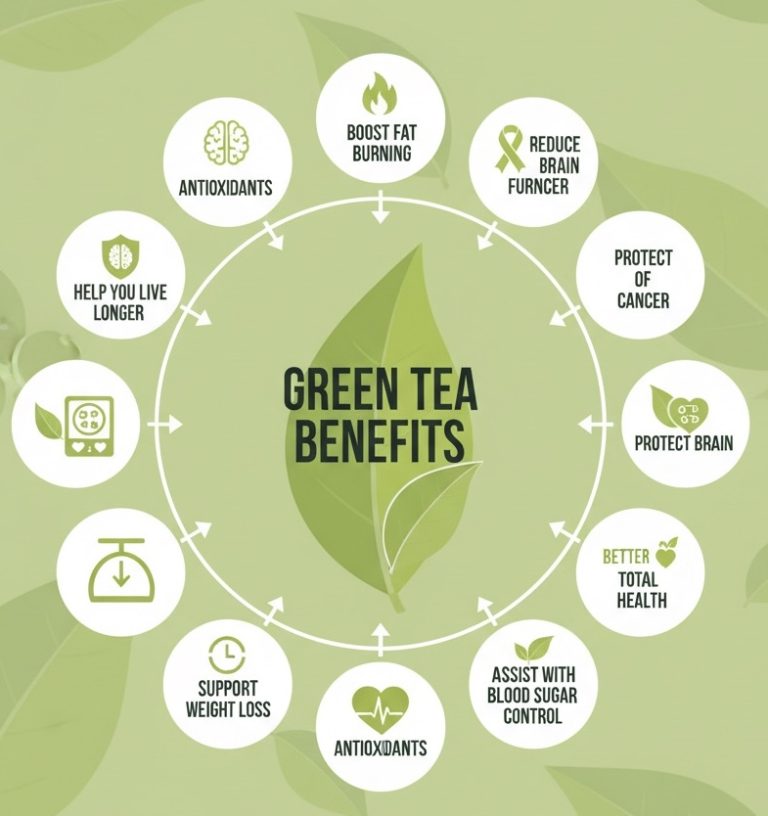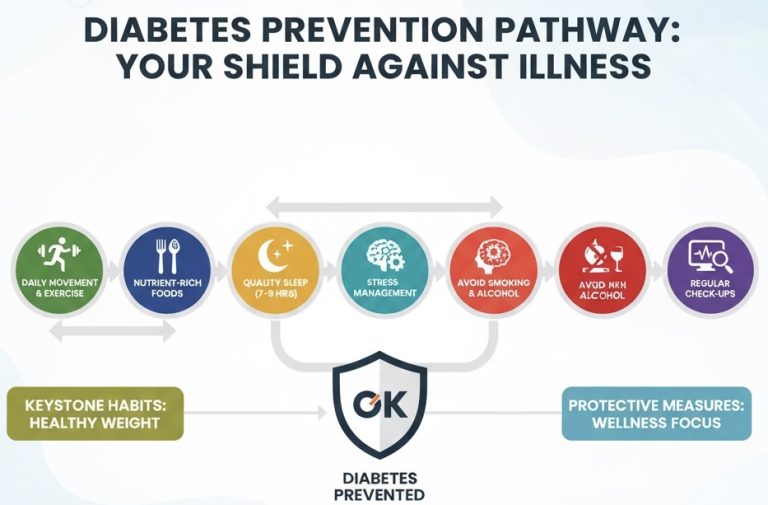
Most people step into the shower without giving it much thought. It’s routine—wake up, get in, wash off, move on. But the temperature of that daily shower can influence your mood, energy, recovery, and even your overall health far more than you might expect. Hot and cold showers both trigger powerful changes inside the body, and the benefits go far beyond simple comfort.
As wellness trends rise across social media and more people look for natural ways to improve their health, the debate between hot and cold showers gets louder. Here’s a clear breakdown of what each temperature does for your body—and when to use each one.
The Power of Heat: Why Hot Showers Remain a Comfort Ritual
Looser Muscles and Better Mobility
A warm shower increases blood flow, which helps tight or sore muscles release tension. People who sit for long hours or train intensely often rely on heat because it softens stiff tissues and reduces discomfort. The effect happens fast, and many physiotherapists encourage warm-water therapy for this exact reason.
A Sleep Booster With a Scientific Edge
Taking a hot shower before bed can help you fall asleep faster. When you step out of the warm water, your body temperature drops naturally. That cooling effect signals the brain that it’s time to rest. This makes a warm shower one of the easiest nighttime habits for improving sleep quality.
Instant Stress Relief
Warm water calms the nervous system. It reduces feelings of pressure, slows racing thoughts, and helps the body shift out of “fight or flight” mode. A short hot shower can act like a mental reset, especially after a stressful workday.
Clearer and Cleaner Skin
Warm water opens the pores, which helps remove oil, sweat, and dirt from the skin’s surface. While extremely hot water may irritate sensitive skin, moderate heat can support clearer skin when paired with good hydration and gentle cleansers.

The Cold Side: Why Ice-Cold Showers Are Gaining Fans Worldwide
A Natural Immunity Kick
Cold water stimulates the immune system by increasing white blood cell activity. These cells defend the body from viruses and infections. People who regularly take cold showers often report fewer seasonal illnesses, and studies show that brief cold exposure wakes up the body’s natural defense mechanisms.
More Energy and Sharper Focus
Nothing shocks the system awake like cold water. The sudden drop in temperature forces the body to breathe deeper and pump blood faster. This reaction boosts alertness and energy almost instantly. Many people use cold showers as a natural alternative to caffeine.
Support for Testosterone and Hormone Balance
Cold exposure may help regulate hormones, including testosterone. The cooling effect brings the body to a more optimal temperature, especially for men, and supports reproductive and hormonal health.
Faster Recovery and Less Inflammation
Athletes rely on cold therapy because it reduces swelling and muscle soreness. Cold showers deliver a milder version of that effect. Blood vessels constrict under cold water, which limits inflammation. Once you warm back up, circulation spikes again, helping your body recover faster.
Choosing the Right Temperature for Your Goal
Each type of shower offers unique advantages. Here’s a quick guide:
- If you want to relax: Choose a hot shower.
- If you need energy: Go for cold water.
- If you want better sleep: Stick with warm water before bed.
- If you want stronger immunity or faster recovery: Cold showers work best.
Many people now combine both temperatures through contrast showers, switching from hot to cold. This method boosts circulation, supports cardiovascular health, and delivers a strong feeling of rejuvenation.
A Simple Habit With Serious Impact
You don’t need fancy supplements or expensive wellness programs to improve your health. Something as simple as adjusting your shower temperature can change how your body performs, how well you sleep, and how clearly you think. Hot and cold showers each bring powerful benefits—choosing the right one depends entirely on what your body needs that day.
In a world full of complex health advice, this daily habit remains one of the easiest and most effective ways to support long-term well-being.


